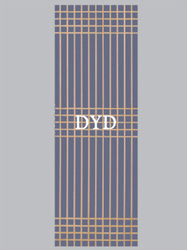|
|

조선살
|
|
 |
RsZYLFLsmixEkDoxZk |
 |
393 |
|
 |
| A few months http://youjizz.in.net/ you jizz Because it's hard to know if someone's lying. Lie detector tests generally aren't admissible in court, because they don't reliably know either. Juries tend to believe eye witnesses who believe themselves, although they're notoriously likely to be mistaken. Professional investigators tend to be only averagely good at spotting lies, but - disastrously - tend to believe they're much better than average. Examining video recordings of faces for micro-expressions can be informative to trained observers. But professionally and privately, observer bias can lead us to seek only evidence that reinforces our preconceptions. And how do we get the truth from those who are delusional, or who feel comfortable lying, or who've trained themselves to lie effectively? They could be deeply dangerous individuals but impervious to interrogation. |
 |
 |
Elliott |
 |
2019-07-18 23:05:06 |
|
|
|
|
|
|
|
|
|